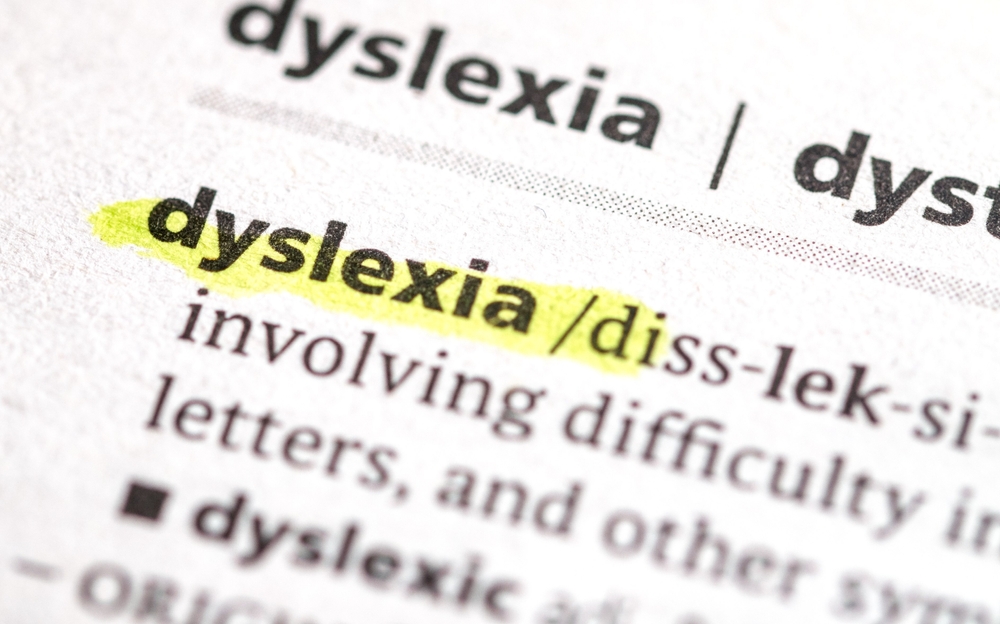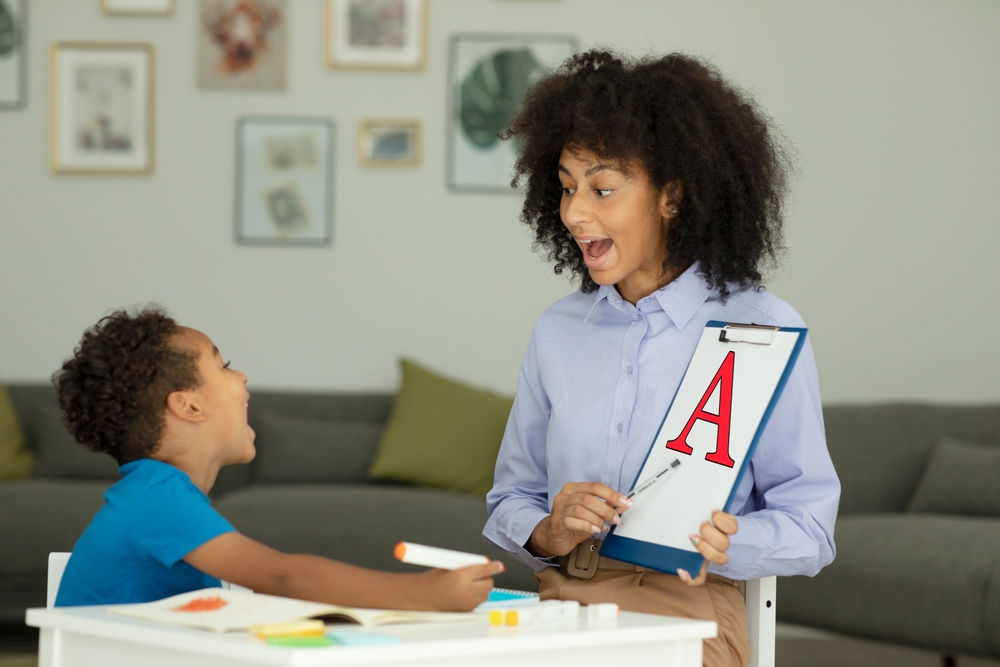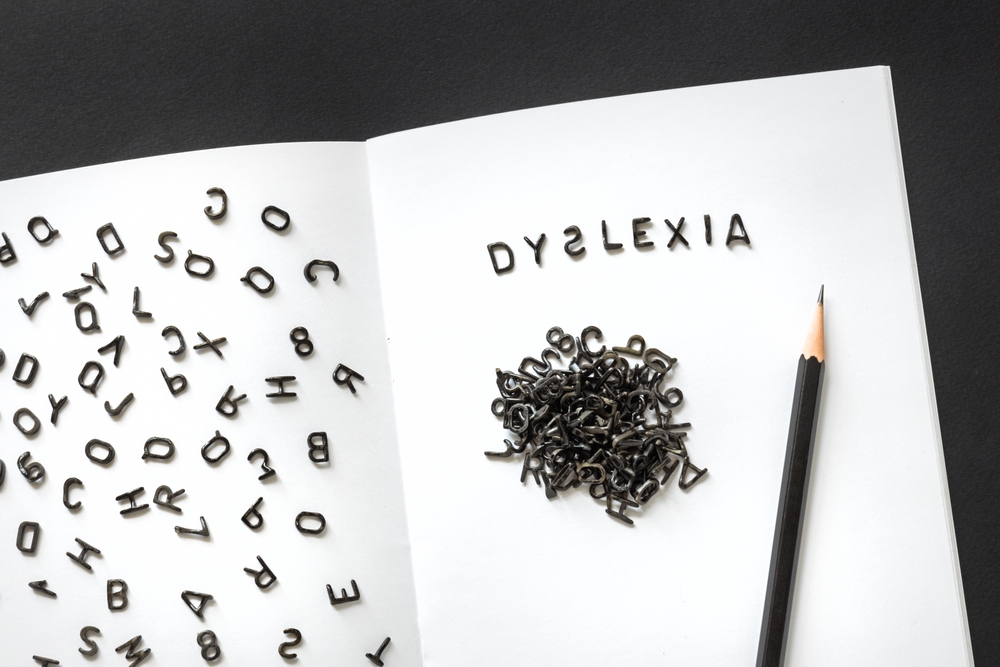Imagine this: You spend your entire childhood and adolescence going to school. You graduate high school with a 3.4 GPA – pretty good, right? Sounds like it, only there’s one problem: Despite all of that, you still can’t read or write. In fact, you can’t even write your own name. It sounds unbelievable, but it’s true. This is what happened to a student in Clarksville, Montgomery, Tennessee. The heavily dyslexic student is now suing his school because of it. This is his story.
Tennessee Student Sues School After Graduating Unable To Read

A former student, who for privacy reasons is called William A., has brought a lawsuit against the Clarksville Montgomery County School System. This is the school system from which he recently graduated. William is claiming that he graduated with a 3.4 GPA despite being unable to read or write, not even his own name. Sounds bizarre? There’s a reason for it: William is highly dyslexic. He, along with his parents, is alleging that the school failed to provide him with the appropriate support for his disability. The case sheds light on the challenges faced by students with learning disabilities in the education system, particularly in the public school system, which can often be overcrowded and underfunded.
Allegations of Inadequate Support for Dyslexia

William, as already mentioned, suffers from fairly severe dyslexia. This means that, not connected with his actual intelligence, he struggles to read and write. His dyslexia causes him to mix up letters when trying to both read and write, making these tasks nearly impossible without the right support. In the lawsuit, William claims that despite his dyslexia, the school system did not provide him with the necessary support to overcome his reading and writing difficulties. Instead of providing him with the right educational aid, they instead provided him with solutions that, while using his ideas, essentially did the work for him. The ruling stated the following as to how he made it through school:
“To write a paper, for example—as the ALJ described—William would first dictate his topic into a document using speech-to-text software. He then would paste the written words into an AI software like ChatGPT. Next, the AI software would generate a paper on that topic, which William would paste back into his own document. Finally, William would run that paper through another software program like Grammarly, so that it reflected an appropriate writing style,”
The court ruling affirmed that William A. graduated high school with a 3.4 GPA while still struggling with basic literacy skills, indicating a significant lapse in addressing his educational needs. As anyone who has dyslexia or who knows someone with it, they can learn to both read and write, as long as they are given proper instruction.
Denial of Compensatory Education
As always, while students and their parents do need to stand up for their child’s right to education, it is up to the school to provide special education when required. The lawsuit and subsequent court rulings revealed that the school system challenged an order to provide William with compensatory education under the Individuals with Disabilities Education Act (IDEA). The court affirmed that the school system’s long-standing denial of a Free Appropriate Public Education (FAPE) led to the award of substantial compensatory education to William A. This includes 888 hours of dyslexia tutoring from a reading interventionist through the Wilson Reading and Language System to provide William with dyslexia tutoring. This will equate to a 1-hour session 5 days a week until all 888 hours are accounted for.
Failures in Individualized Education Plan (IEP)

It is important to note that this isn’t the first time that William and his parents advocated for his needs. The school did provide him with an IEP, or Individualized Education Plan. Despite being provided with this, William demonstrated no improvement in his reading ability throughout his middle and high school education. His parents resorted to hiring a private tutor for their son. In the lawsuit, they highlighted that through this private tutoring, William was able to make progress. This then caused them to question the effectiveness of the support offered by the school system. The private tutoring, of course, was not free. Meanwhile, the support William should have received through the school not only should have been adequate, it would have been free.
Court Rulings and Academic Accommodations
Following an appeal, the U.S. Court of Appeals for the Sixth Circuit ruled against the Clarksville Montgomery County School System. They found that the student’s accommodations helped him learn the regular curriculum, but the workarounds for his dyslexia simply did the work for him, rather than help him to overcome his inability to read and write. The court concluded that the school system failed to provide an education tailored to William’s needs as required by the IDEA.
Implications and Ongoing Litigation

William’s case is an interesting one that raises many questions about the school system and their role in assisting students with special needs. It also highlights the struggles that students with special needs and learning disabilities face while trying to receive an adequate education. The details of the allegations and court rulings have sparked discussions about the implementation of support systems for students with dyslexia and other learning disabilities. Most importantly, these discussions emphasize the need for schools to address the individual needs of such students, and whether the current school system and funding of schools are adequate to meet those needs.
The Clarksville Montgomery County School System expressed their inability to comment in detail on the pending litigation, stating compliance with state and federal student privacy laws.
Read More: Teen Who Spent 12 Years Homeless Graduated Top Of His Class ‘Because I Have Everything To Lose’

